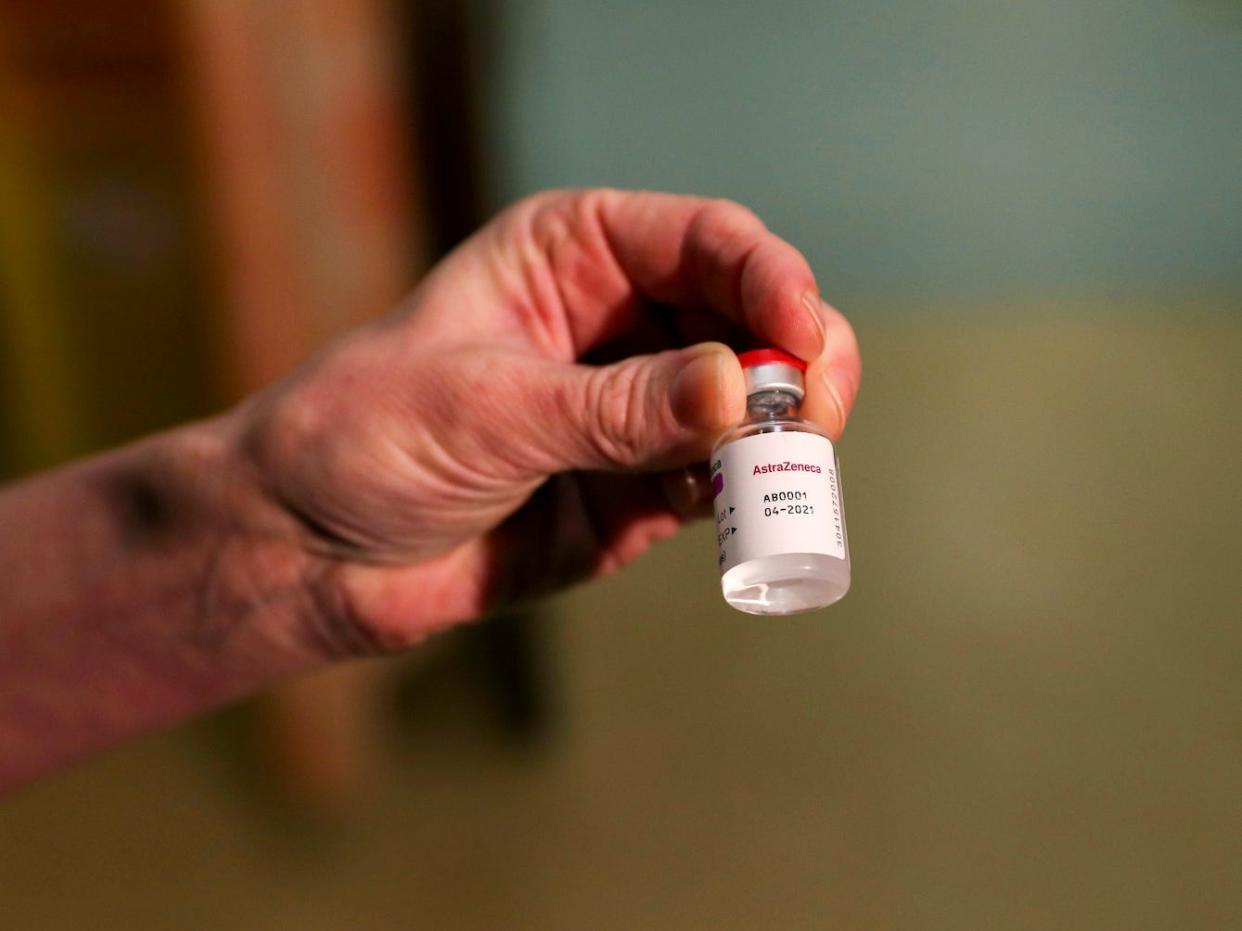The UK is offering people under 40 an alternative to AstraZeneca's COVID-19 vaccine following concerns about rare blood clots in young people

The UK's vaccine advisory committee recommended that people under 40 be offered an alternative vaccine to AstraZeneca's.
It cited the rare reports of unusual blood clots forming among some vaccinated young people.
It stressed that the vaccine's benefits outweighed the risks.
The UK is recommending that people under 40 be offered an alternative to the Oxford-AstraZeneca COVID-19 vaccine "if available," citing concerns over the development of rare blood clots among some vaccinated young people.
The new advisory from the UK's Joint Committee on Vaccination and Immunisation was published Friday.
Dr. Wei Shen Lim, the COVID-19 chair for the committee, said the body was recommending offering the alternative "if available and if it does not cause delays in having the vaccine."
The committee called the decision a "precautionary approach," stressing that harmful side effects were "extremely rare."
"For the vast majority of people, the benefits of preventing serious illness and death far outweigh any risks," the statement said.
The advisory group said the chance of a younger person getting seriously ill from the coronavirus was getting smaller in the UK, where infection rates are relatively low.
As of Friday people age 40 and over, and those turning 40 by July 1, were eligible for COVID-19 vaccinations in England.
Last month the JCVI recommended offering those under 30 another vaccine following reports of rare - and potentially fatal - blood clots in a few people who got the shot.
The UK's Medicines and Healthcare products Regulatory Agency at the time showed this chart that estimates the balance of risks:

Read the original article on Business Insider

